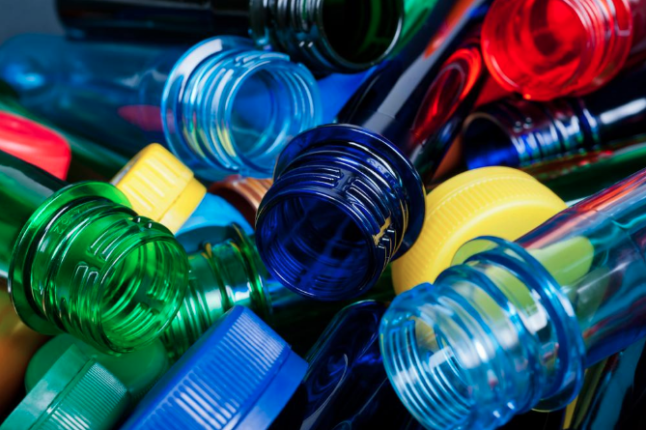
In 2015 the European Commission launched a Circular Economy Package, and now, there is a growing focus on plastics in a circular economy; in 2018, the commission released the first Europe-wide plastic strategy. Since then, innovators have shown great interest and excitement for what this may mean for their business and the EU economy as a whole.
Why?
A circular economy is an economic system that’s purpose is to reduce waste and make the most of resources.
Plastic is a fundamental part of all of our lives; the use of the light materials on cars and planes reduce CO2 emissions, plastic insulation helps to reduce our energy bills, it even helps ensure food safety and minimize food waste, the ways we use plastic are never-ending. However, regardless of the benefits, plastic isn’t all good.
Around 25 million tons of plastic waste is generated in Europe every year and recycles only 30% of it. Furthermore, the incineration of plastic waste rises the CO2 levels approximately 400 million tons a year. The ever-increasing ways we use plastic and the growing demand make it necessary for the switch to a more environmentally friendly mode of production and use.
The importance of the plastic sector in the EU economy and the detrimental effects of it environmentally make it a priority for a more sustainable supply chain. It calls for innovation and a drive for investment in the right direction. Increasing its sustainability can bring new opportunities, job creation, and increase EU global competitiveness. The implementation of plastics in a circular economy in the EU would result in EU businesses taking a global leadership position in newer, better, sustainable materials.
The innovation caused by the new model of production of plastics will contribute to the EU’s lead in bio-economy, a sector continually growing and becoming more important to consumers when they select their products. By 2020 the EU will have invested more than €350 million in the plastic economy, and under the new strategy for plastics in the circular economy, another €100 million would be put to funding more eco-smart and recyclable plastics, making it an optimal sector for new business.
The project for plastics in a circular economy has already received lots of attention from both old and new businesses wanting to be involved. European innovators are ready to make the change and begin leading the world in a more sustainable circular economy model and to take charge and lead the international community with its competitiveness. The opportunity to get ahead of the curve of sustainability will without a doubt cause benefits in the EU economy, and new restrictions will limit foreign competitors within its borders providing an opportune environment for new businesses. The call for innovators in the plastic sector has started.
We at the ForFreeChoice Institute believe that in order to promote plastic in a circular economy the EU commission should support innovation for the sustainability of plastics into the economy by:
- Fostering policies and private-public partnerships aimed at the growth and innovation of recycling plants;
- Improving existing educational and information programs to provide individuals with a better understanding of the unintended consequences of their consumption choices;
- Creating incentives for businesses to enter a circular economy plastic market. Examples of the latter include differentiated VAT rates, recycled content mandates, product labelling standards, and green public procurement.
The emergence of enabling technologies, more supportive consumer preferences, and new business risks will offer opportunities for the adoption of relatively mature circular business models. European Union should follow the right path in order to create a functional framework for business and citizens.
